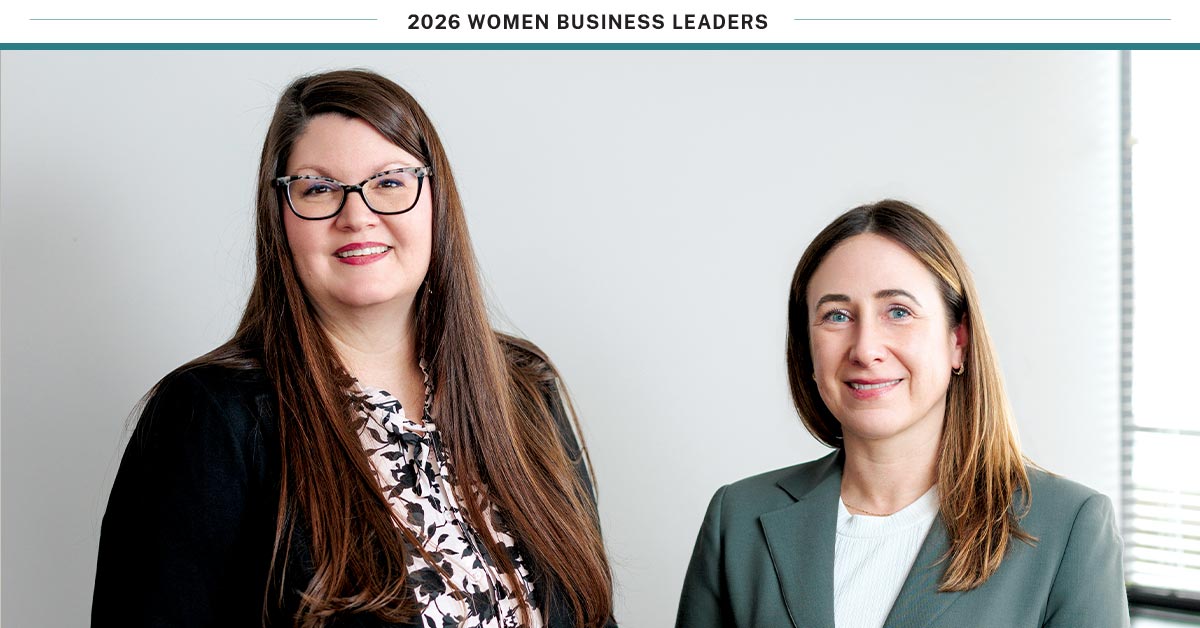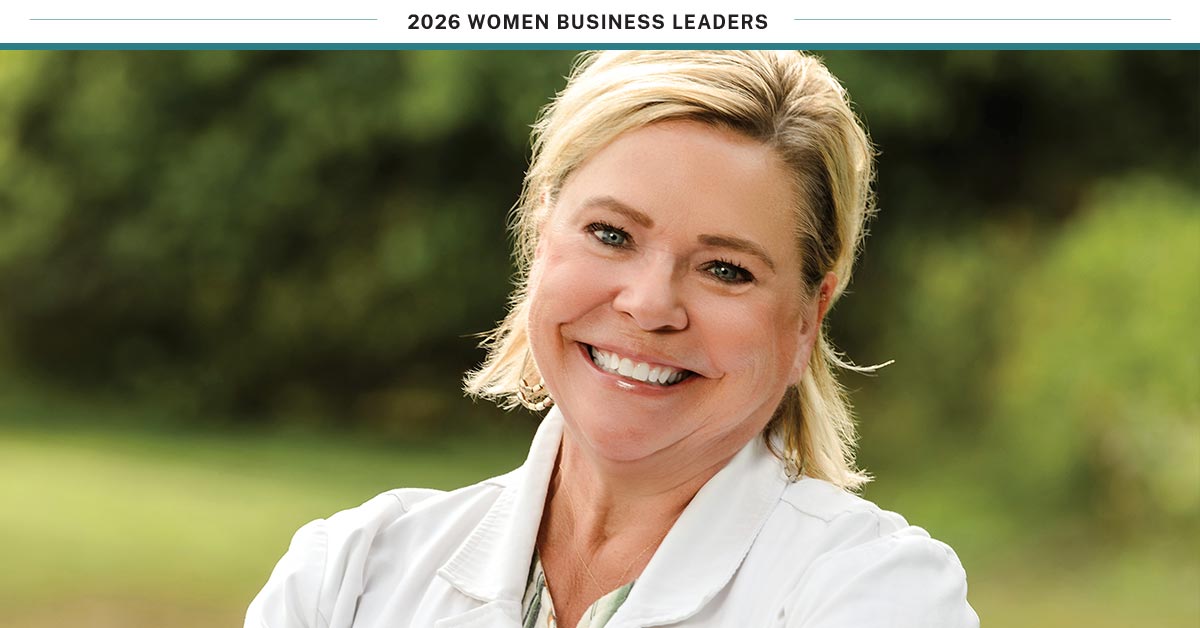Rae Green, JD, LPC, CAADC | Founder & President | Sanford Behavioral Health
While Rae Green studied history at Alma College and went to the Detroit College of Law for her Juris Doctor degree, her passion has always been helping those with the disease of addiction. She went on to become certified as an Advanced Alcohol and Drug Counselor (CAADC) and in 2015, alongside her husband David, established Sanford Addiction Treatment Centers with a 10 bed women's facility in Grand Rapids.
The facility's mission was to elevate the effectiveness and availability of treatment for individuals diagnosed with substance use disorders (SUDs). Today, Sanford Behavioral Health is a substance use disorder, eating disorder, and co-occurring mental health treatment facility serving the state of Michigan and beyond, with a goal of providing evidence-based programs, support and education to those in recovery, their families and communities.
Green has dedicated her working career to chipping away at the shame associated with addiction and mental illness. We sat down with her to learn more about Sanford's newest facility, handling the holidays and more.
Please share a bit about your new residential eating disorder treatment center in Marne. How do you hope its presence will positively impact those dealing with eating disorders in Michigan and beyond?
In March of 2022, we made history when we opened the first standalone residential eating disorder treatment center in Michigan. Sanford Comprehensive Treatment for Eating Disorders offers a full continuum of care. We are proud of our multi-disciplinary team of medical and clinical professionals, and we are well positioned to treat high-acuity patients with an integrative approach.
Our positive impact is already being felt, as we are filling a gap in treatment and offering an option for Michiganders to receive quality residential programming for eating disorders in their home state. We hope that providing a closer option will encourage more people to seek needed treatment.
How can people protect their mental health during the holidays?
What is the most wonderful time of the year for most people can feel like a marathon for those in recovery—particularly those in early recovery. The key is to anticipate emotional pitfalls and put some self-compassionate bubble wrap around yourself.
- Anticipate emotional triggers.
- Establish boundaries and take care of yourself.
- Manage family stressors.
- Maintain your recovery routine and your therapeutic alliance.
- Plan your exit routes and answers to inquiring minds.
In the wake of the pandemic's effects, what should people know about caring for themselves and their loved ones moving forward?
Mental health came to the forefront during the pandemic, with a 29% increase in overdose deaths (CDC), a 40% increase in calls to eating disorder hotlines (NEDA) and 60% of adults reporting increased alcohol use (NIH). I think the pandemic's positive aspect is the acknowledgement, after imposed isolation, that connection is a universal panacea to mental health conditions. In a time when loneliness and digital interactions are on the rise, creating connections can improve our health, happiness and overall well-being. Similarly, connection with like-minded individuals has long been the cornerstone of addiction recovery.
Edited by Sarah Suydam, Managing Editor for West Michigan Woman.
This article originally appeared in the Dec '22/Jan'23 issue of West Michigan Woman.




